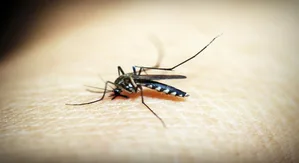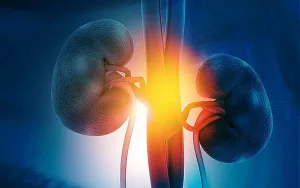Personalized Treatment for Juvenile Idiopathic Arthritis: A New Approach
Juvenile idiopathic arthritis (JIA) is a chronic autoimmune condition affecting children. Managing JIA often involves methotrexate, but its effectiveness varies. Exciting new research suggests that analyzing interferon gene expression could help personalize JIA treatment, leading to better outcomes.
Understanding Interferon Gene Expression
Interferons are proteins that play a crucial role in the immune system. The level of interferon gene expression can indicate how active the immune system is. In JIA, high interferon gene expression might mean a more aggressive form of the disease.
How Interferon Levels Guide Methotrexate Use
The study indicates that:
- Children with high interferon gene expression may benefit from a more aggressive methotrexate treatment plan.
- Those with lower expression might need a different approach altogether.
Benefits of Tailored Treatment
Personalizing JIA treatment based on interferon gene expression could have significant benefits:
- Improved disease control
- Reduced side effects from medication
- Better long-term outcomes for children with JIA
The Future of JIA Management
This research represents a significant step forward in understanding and treating JIA. By using interferon gene expression as a guide, doctors can create more effective and personalized treatment plans, ultimately improving the lives of young patients.
Final Overview
By measuring interferon gene expression, healthcare professionals can tailor methotrexate use for children with JIA. This personalized approach promises to optimize treatment effectiveness and minimize potential side effects, paving the way for improved long-term health outcomes.




+ There are no comments
Add yours